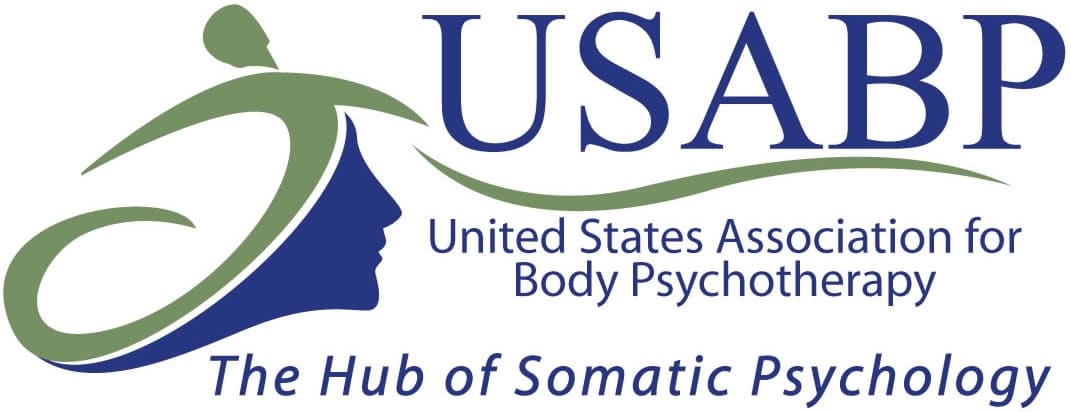Grief Counselling Perth
Grief Counselling provides compassionate support, guiding individuals through the complex emotions that arise after loss. If you are grieving, you may feel numb or in shock. You may be in denial or struggling with anger. Or you may be experiencing deep sadness and sorrow. Everyone processes grief differently, and navigating these emotions alone can be overwhelming.
At Energetics Institute in Perth, Western Australia, our team of experienced grief counsellors is here to support you at whatever stage you are in. Through evidence based counselling, you can safely share your thoughts and feelings, process your grief, and gradually adapt to your new circumstances with resilience and care.
Why Choose Energetics Institute for Grief Counselling?
-
Experienced practitioners: Our counsellors are PACFA and ACA registered, with extensive training in grief therapy, trauma counselling, and body-based approaches.
-
Specialist training: Our practitioners have completed ongoing professional development in modalities such as Complicated Grief Therapy, CBT, and Narrative Therapy.
-
Evidence-based care: Research in the Journal of Clinical Psychology and the work of grief experts such as William Worden confirm that structured grief therapy can improve emotional adjustment and reduce symptoms of prolonged grief disorder.
How to Deal with Grief
At Energetics Institute, we understand that dealing with grief can be one of life’s most challenging experiences. Our personalised counselling approach acknowledges that every grief journey is unique.
Our professionals combine counselling, somatic therapy, and educational resources to support emotional, mental, and physical wellbeing. In our Perth clinic, we have seen clients benefit significantly from combining talk therapy with grounding techniques such as mindful breathing and body awareness. For example, one client (name withheld for confidentiality) who was experiencing complicated grief after the sudden loss of a loved one reported improved sleep, mood, and coping ability after eight sessions of tailored therapy.
We offer:
-
One-on-one counselling for personalised support
-
Group workshops that provide connection and shared healing
-
Family counselling for those dealing with loss within family systems
-
Support groups where you can share your experiences in a safe, understanding environment
How Can Grief and Loss Counselling Help?
Society often struggles to talk openly about death, grief, and healing. This stigma can prevent people from reaching out when they need it most. Grief counselling provides a safe, compassionate environment where you can process your emotions without judgement.
You may be experiencing:
-
Separation anxiety after the loss of a loved one
-
Workplace grief following the loss of a colleague or redundancy
-
Family system changes such as divorce or separation
Whatever your circumstances, our Perth-based grief counselling services can help you:
-
Understand and normalise your emotions
-
Develop coping strategies that support daily life
-
Restore emotional balance and resilience
Signs That Grief Has Become Too Unbearable
Some people process grief naturally over time, while others struggle with delayed or complicated grief. If you find that your grief is interfering with your daily life, it may be time to seek professional help. Signs that grief has become unmanageable include:
- Inability to accept the loss
- Constant feelings of sadness or despair
- Anxiety and trouble sleeping
- Physical symptoms such as loss of appetite or headaches
- Isolating yourself from friends and family
- Struggling with work and responsibilities
- Engaging in unhealthy coping mechanisms such as excessive alcohol consumption
Our grief counselling services in Western Australia can help you regain balance and emotional resilience. If you are experiencing any of these symptoms, reach out for professional support.
Grief Unrelated to Death
Grief is not always related to death. You may experience grief from the loss of a relationship, the loss of a job, or significant life changes. For example, someone facing separation or divorce may experience grief similar to bereavement. The breakdown of the family unit can also lead to feelings of loss and sadness.
Grief counselling can assist with a range of grief-related challenges, including:
- Relationship breakdowns
- Loss of a home or security
- Chronic illness or disability diagnosis
- Workplace loss or career transitions
- Separation from family due to relocation
Our team of grief counsellors provides support for these experiences, helping you process emotions and find a path forward.
Meet Our Expert Counsellors at Energetics Institute
Our counsellors are highly qualified professionals with decades of experience supporting clients through grief, trauma, and life challenges. Each therapist is a certified psychotherapist and a member of professional bodies such as the Australian Counselling Association, ensuring the highest standards of care.
Qualifications and Experience
Richard Boyd
Director and Senior Psychotherapist
Richard is a certified psychotherapist with over 20 years of clinical experience in Perth. He specialises in grief counselling, trauma recovery, and somatic psychotherapy. Richard integrates evidence-based approaches such as Cognitive Behavioural Therapy (CBT) and Sensorimotor Psychotherapy to help clients process grief safely and rebuild emotional resilience.
Our Team’s Focus
Our team supports individuals and families facing bereavement, relationship breakdowns, and significant life changes. We offer both face-to-face sessions in West Leederville and secure online counselling for clients across Australia.














